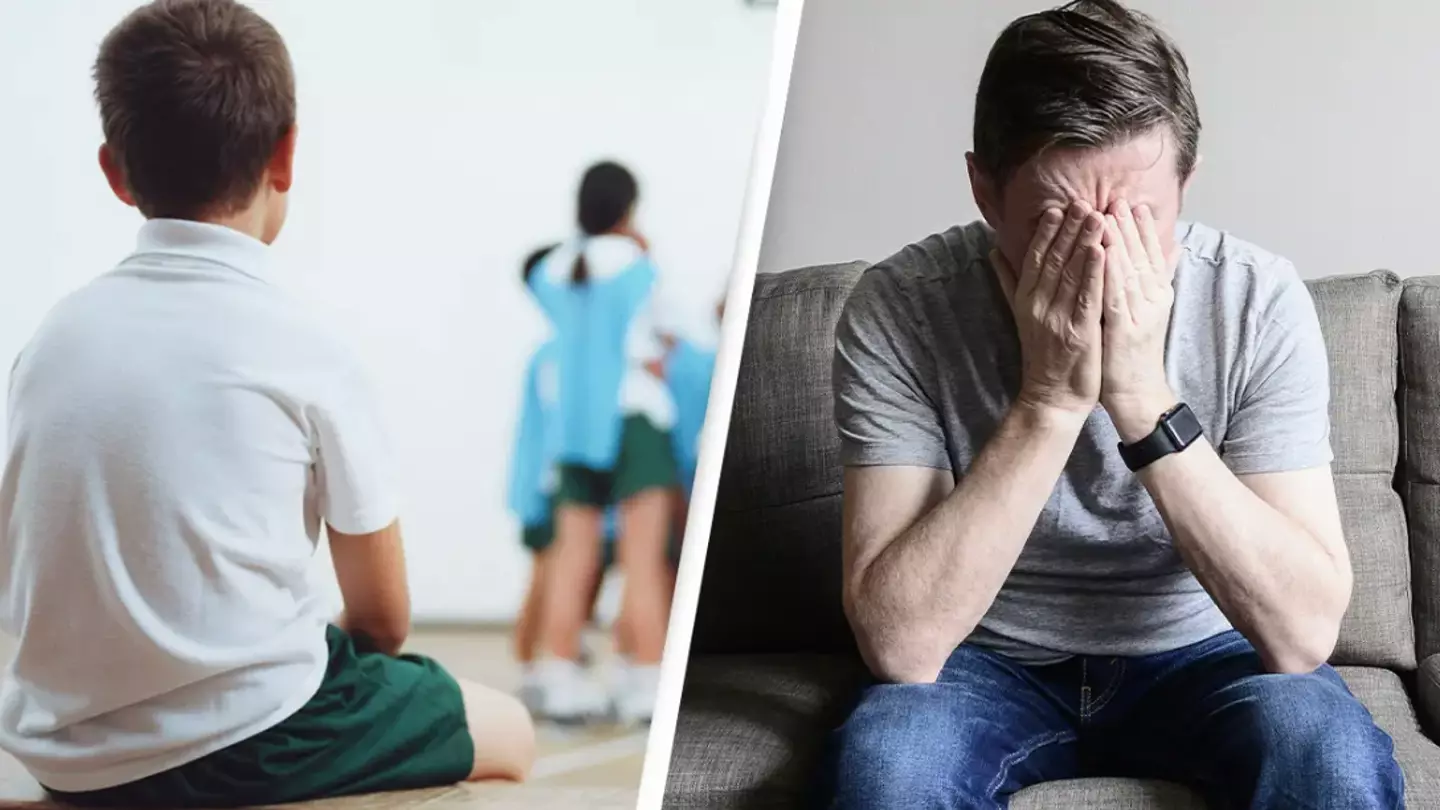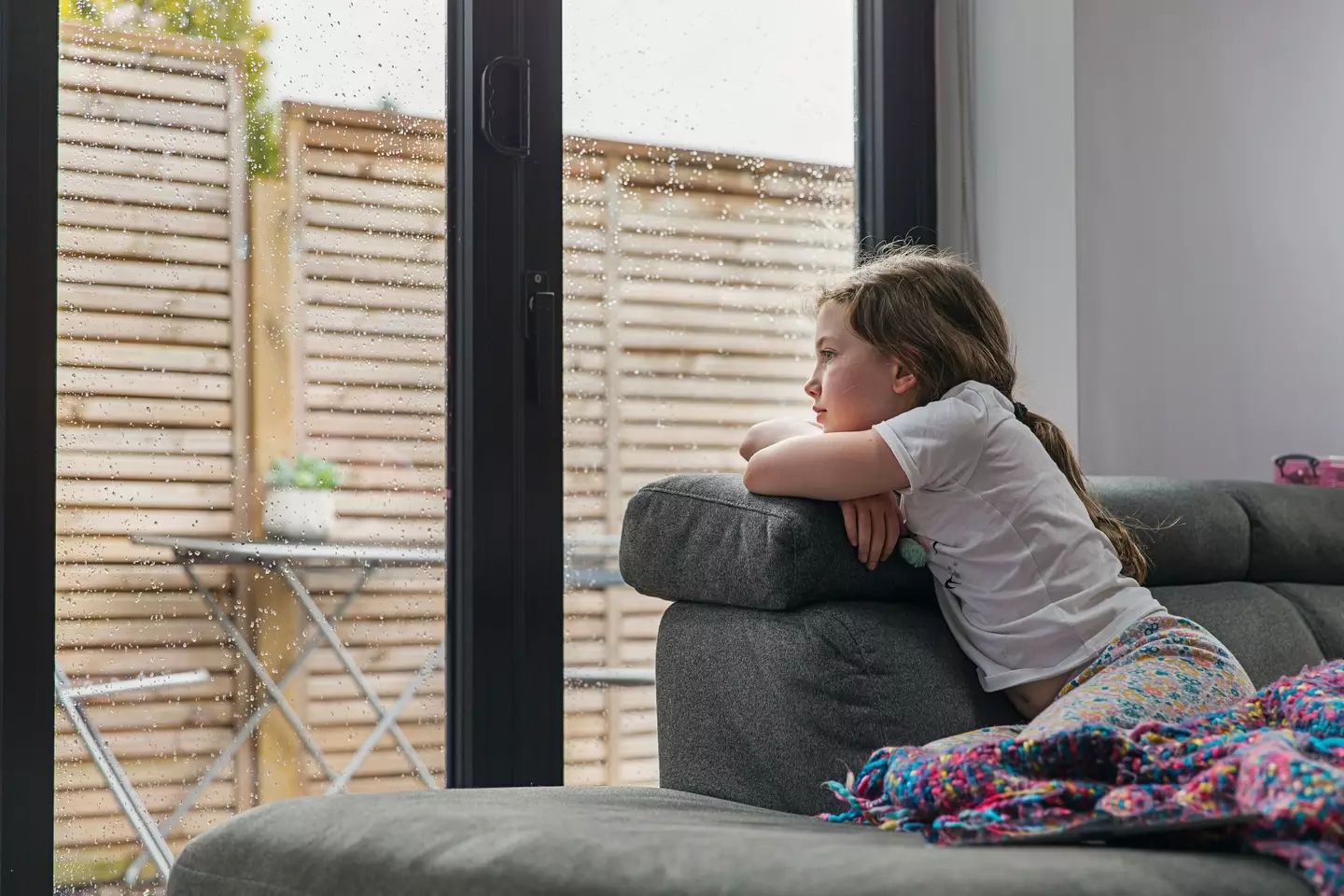
Psychologists have explained why people who were ‘constantly excluded’ in childhood usually develop 11 specific traits as adults.
Parenting is not easy and everyone is going to make mistakes along the way. Multiple psychologists have weighed in on how different experiences as in childhood can make all the difference later down the line.
Feeling left out happens in childhood all the time. Think about the birthday party you weren’t invited to, or perhaps all your friends hung out together and you only find out after the fact on social media.

Advert
Psychologist Dr. Alexandra Stratyner, Ph.D has explored how feeling like you were constantly excluded in childhood might have a long lasting effect. “Childhood is the most significant time for our development, meaning what happens during these years can significantly impact us for the rest of our lives," she told Parade.
"Being excluded as a child can cause feelings of loneliness, sadness, anger, self-doubt and anxiety. If these feelings are not addressed, they can linger into adulthood, which can hurt one's mental health."
FOMO is also a key part of adulthood as well; from work drinks to catch-up coffees with pals.
So, what are the 11 adult traits linked to being constantly excluded as a child?
Social insecurity
Sometimes people blame themselves for the exclusion, which, in turn, makes them feel something must be wrong with them.
Advert
Dr. Brandy Smith, Ph.D said: “The possible insecurity within situations could stem from reduced social interactions, so there is literally less data to pull from regarding how to interact with others.”
Perfectionism
Someone who was overlooked in childhood may do everything they can to get noticed as adults, which may manifest as perfectionist behaviours.
Creativity
Socially excluded children may find other outlets to help them cope, such as writing or music. This may help them out in adulthood when faced with brainstorming ideas or finding ways to solve problems.
Loyalty
Children who feel left out are quick to learn the importance of loyal people and being loyal to others.
Advert
“This is because they value the relationship greatly and would go to great lengths to protect it,” Dr. Stratyner said.
Empathy
Children who felt excluded, such as when sports teams were picked during gym class, may grow up to have strong empathy for others.

Low self-esteem
Being picked last or left out of plans may trigger feelings of low self-esteem and self-doubt.
Advert
Licensed psychologist with Duality Psychological Services, Dr. Joel Frank, said: "For instance, if someone was excluded as a child, they may hesitate to share their ideas at work, fearing they won't be valued."
Over-analyzing
Have you ever caught yourself being overly critical about yourself and how you come across? This may be linked to whether you were included in social plans as a child.
"Individuals may notice a heightened sense of vigilance, constantly watching for signs of rejection," Dr. Frank says.
People-pleasing
Some adults may find themselves trying to blend in with the crowd to establish connections.
In need of validation
Psychologists have previously explained what happens in adulthood if a child is not complimented.
Advert
Someone may end up basing their worth on the number of invitations their receive as an adult.
Isolation
Adults may notice themselves excluding themselves from social plans, as a result of how they were excluded as children.
"Sometimes, when a person is often excluded, they will focus on self and create their own world, whether that be an imaginative world they connect with or becoming overly independent and not wanting much, if anything, to do with others," Dr. Smith says.
A desire for highly structured settings
Some adults may desire settings with structure as a result of their childhoods. This environment may offer comfort and at ease.
Topics: Mental Health, Community, Parenting
